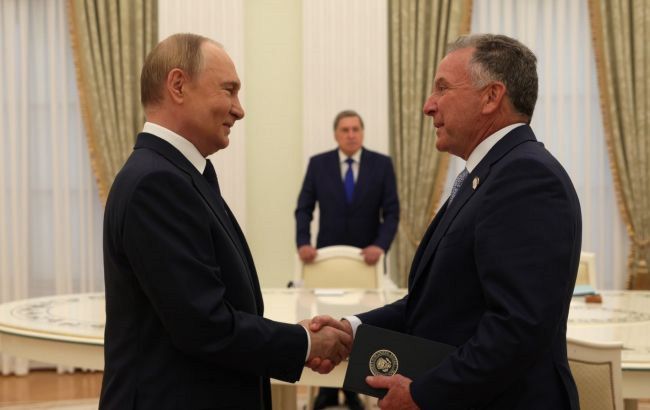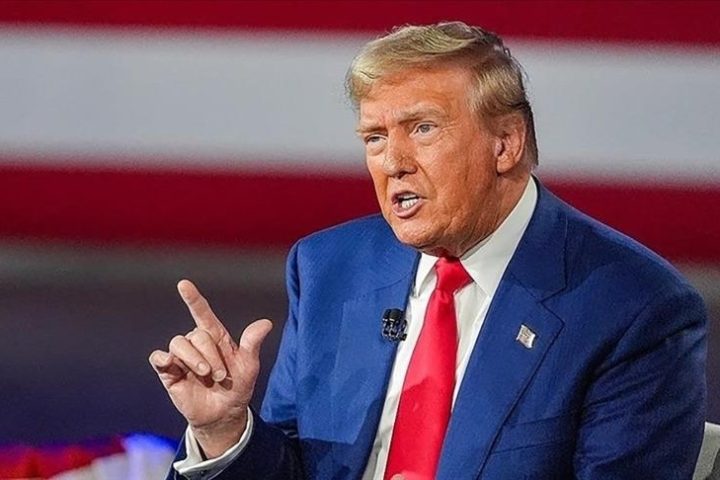Joel Mokyr, Philip Aghion and Peter Govit have won the 2025 Nobel Prize in Economics for their work on how innovation and “creative destruction” drive economic growth.
Nobel Prize in Economics 2025: Innovation as an engine of growth
The 2025 Nobel Prize in Economics was awarded to Joel Mokyr, Philip Aghion and Peter Govit for their contributions to understanding how innovation and the process of “creative destruction” increase welfare and promote long-term development.
Their work shows how new technologies replace outdated ones, creating new goods, jobs and production models that improve the quality of life.
“Stagnation, not growth, has been the norm for most of human history. Their research is a reminder that progress is not guaranteed,” the Royal Swedish Academy of Sciences said.
Mokir’s warning: “US risks losing scientific supremacy”
Professor Joel Mokir of Northwestern University, who received half of the prize, said he learned about the award by accident, as he had been watching the news that morning about the release of hostages in Gaza.
He compared the actions of the Donald Trump administration to the ban on research during the Ming Dynasty in China, calling it “the biggest slouch in history.”
Aghion: Tariffs and isolation are enemies of innovation
French economist Philippe Aghion, who works at the Collège de France, INSEAD and the London School of Economics, shared the other half of the prize with Govit.
He warned against “deglobalization” and trade barriers:
“Anything that hinders openness is an obstacle to growth. We are now seeing dark clouds of rising protectionism and market closures.”
Aghion called on Europe to follow the US and China, which are combining industrial policy with competition, particularly in the areas of AI, biotechnology and defence.
Howitt: “Bringing manufacturing back to the US is not the best idea”
Professor Peter Howitt of Brown University expressed surprise at the award, but took the opportunity to criticize the White House’s economic course.
“Trade wars shrink the market and stifle innovation. It is bad economic policy, even if it makes political sense,” he said.
The US should be engaged in design and technology, he said, rather than trying to bring back mass production:
“We make great sneakers – but let others make them.”
Related: Who Won the Nobel Prize in Physics: What We Know About the Laureates












